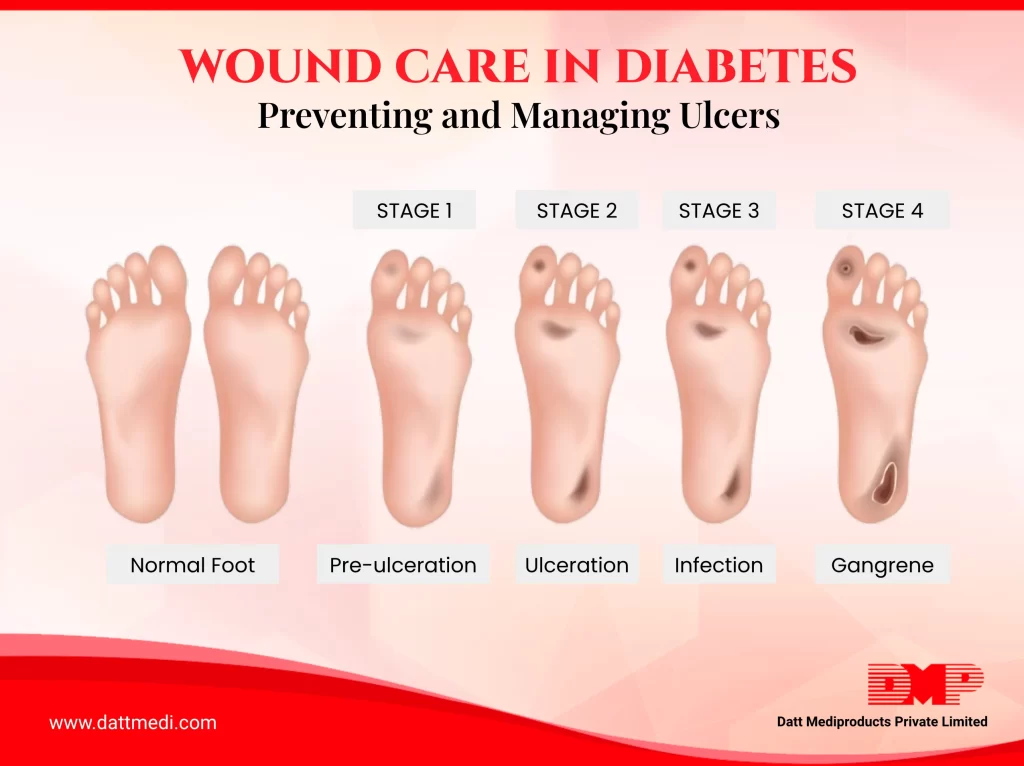
The Global Obesity Epidemic: How Lifestyle Changes Can Help
Obesity is a growing global health crisis, affecting millions worldwide and leading to severe health, economic, and social consequences. However, adopting sustainable lifestyle changes—such as balanced nutrition, regular exercise, and better sleep habits—can significantly improve health and aid in weight management.
Understanding the Scope of Obesity
According to the World Health Organization (WHO), over 1.9 billion adults were overweight in 2016, with 650 million classified as obese. Obesity affects both high-income and developing nations, driven by factors such as sedentary lifestyles, urbanization, increased consumption of highly processed foods, and genetic predisposition.
Obesity also significantly increases the risk of chronic diseases, including type 2 diabetes, hypertension, and cardiovascular conditions. Additionally, it negatively impacts mental health, contributing to anxiety, depression, and low self-esteem. Healthcare systems worldwide face immense economic burdens due to obesity-related illnesses, emphasizing the need for effective preventive measures.
Nutrition: The Foundation of Healthy Weight Management
A balanced, nutrient-rich diet is essential for maintaining a healthy weight. Ideally, meals should consist of:
- 50% vegetables,
- 25% lean proteins,
- 25% whole grains
This combination ensures optimal nutrition and satiety.
Key Diet Tips to Improve Your Lifestyle
- Prioritize Whole, Unprocessed Foods: Opt for fresh vegetables, lean meats, whole grains, and healthy fats instead of ultra-processed foods that contain added sugars and preservatives.
- Eat Protein at Every Meal: Helps with muscle retention, metabolism, and satiety.
- Hydration is Key: Drinking enough water aids digestion, boosts metabolism, and prevents overeating.
- Reduce Sugary Drinks and Alcohol: These contribute significantly to weight gain and metabolic issues.
Foods to Avoid for Better Health
- Highly Processed Foods – Chips, instant noodles, sugary cereals
- Excess Sugar – Soda, candy, high-sugar yogurts
- Trans Fats & Hydrogenated Oils – Found in fried and packaged foods
- Artificial Sweeteners & Additives – May disrupt gut health and increase cravings
Pro Tip: Eating fiber and protein before carbohydrates can significantly reduce post-meal blood sugar spikes, improving metabolic health.
Small Changes, Big Impact
Regular physical activity is essential for maintaining a healthy weight and improving overall well-being. The WHO recommends: 150 minutes of moderate-intensity exercise per week OR 75 minutes of vigorous-intensity exercise per week.
Many believe cardio is the best way to lose weight, but strength training (resistance training) is just as—if not more—important.
Here’s why:
- Increases Muscle Mass – More muscle = higher metabolism = more calories burned even at rest.
- Strength training leads to increased fat oxidation and improved insulin sensitivity.
- Essential for long-term weight management and overall strength.
- Reduces the risk of osteoporosis.
Simple Strength Training Exercises:
Squats, lunges, push-ups, and resistance band workouts (2-3 times per week) can significantly improve health and weight management. Lack of sleep is a major contributor to obesity that many overlook.
Studies show that adults who sleep less than 6 hours per night are more likely to experience weight gain.
How Sleep Affects Weight Loss
- Poor sleep increases ghrelin (hunger hormone) and decreases leptin (satiety hormone), leading to overeating.
- Sleep deprivation slows down calorie-burning efficiency.
- Strength training and exercise require proper rest for optimal results.
- Poor sleep leads to more cravings and unhealthy food choices.
Tips for Better Sleep
- Aim for 7-9 hours per night
- Maintain a consistent sleep schedule
- Limit screen time before bed
- Avoid caffeine or heavy meals before bedtime
Sustainable weight management requires gradual lifestyle adjustments, including:
- Setting realistic goals
- Maintaining consistent meal times
- Improving sleep quality
- Managing stress effectively
Stress often triggers emotional eating, leading to weight gain. Learning effective stress-management techniques, such as mindfulness and relaxation exercises, can prevent this.
Even small changes—like swapping one sugary snack for a fruit or adding a 15-minute walk—can lead to significant improvements over time.
Public health initiatives must continue raising awareness of obesity risks and healthy habits. Educational programs, health apps, and campaigns help, but relying on verified medical sources is essential for accurate information.
For some, medical support may be necessary. Conditions such as thyroid disorders or hormonal imbalances can make weight management difficult. Consulting a nutritionist, dietitian, or healthcare provider can provide personalized strategies for success.
Take Charge of Your Health Today!
Making lifestyle changes may seem challenging, but small actions lead to big results. At Datt Mediproducts, we are committed to empowering individuals with the right tools for informed health decisions. Explore our innovative solutions and take a step toward a healthier future!




